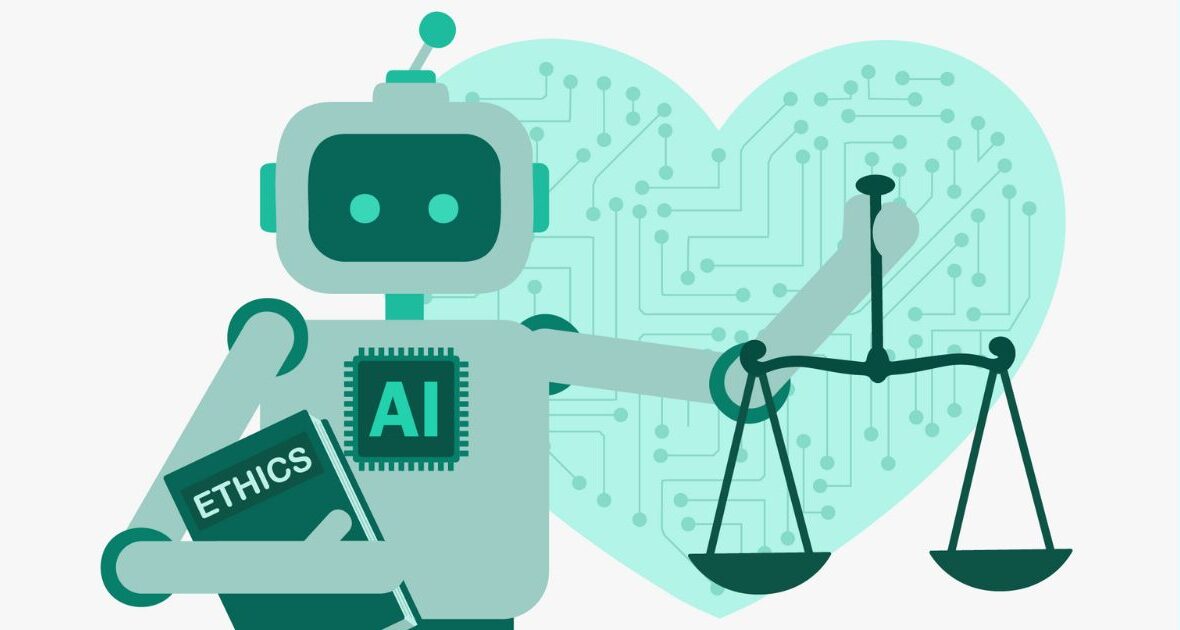🤖✨ From helping doctors diagnose faster to driving cars without human input, artificial intelligence is changing our world at lightning speed. But beneath the surface of this high-tech revolution lies a deeper, often uncomfortable question: Can we really trust the code?
AI systems are only as good—and as fair—as the data and logic that power them. And when that data reflects human bias, so too can the algorithms. Think facial recognition misidentifying people of color, or hiring tools that filter out certain resumes unfairly. These aren’t science fiction—they’re real-world examples of how technology can unintentionally reinforce inequality.
In the race for innovation, we often forget to pause and ask: Are we building a future that’s truly just, or just fast?
In this article, we dig into the ethics of AI—unpacking the progress, the pitfalls, and the pressing need for accountability in the age of intelligent machines.
🌟 The Promise: How Ethical AI Can Help Society
| 1 | Inclusive Design: Building for Everyone Encourages fairer systems by addressing underrepresented groups in data. |
| 2 | Transparent AI: Opening the Black Box Explainable models help users understand and challenge AI decisions. |
| 3 | AI for Good: Powering Social Impact Ethically-built AI supports healthcare, sustainability, and education goals. |
| 4 | Responsible Innovation: Guiding Tech with Morals Ethics frameworks ensure AI evolves with accountability and human oversight. |
| 5 | Bias Checks & Audits: Built-In Safeguards Regular evaluations catch discrimination early in development and deployment. |
⚠️ The Peril: Where AI Ethics Can Go Wrong
| 1 | Data Bias: Garbage In, Prejudice Out Biased input data can lead to racist, sexist, or exclusionary outputs. |
| 2 | Opaque Systems: The Trust Deficit Users often can’t see how AI makes decisions, limiting transparency. |
| 3 | Lack of Regulation: Lawless Territory Rapid AI growth often outpaces legal and ethical standards. |
| 4 | Misplaced Accountability: Who’s to Blame? When harm occurs, it’s unclear whether the blame lies with coders, companies, or the AI itself. |
| 5 | Moral Blind Spots: Ethics Can’t Be Coded AI lacks true empathy or ethics—posing risks in sensitive areas like justice and healthcare. |
